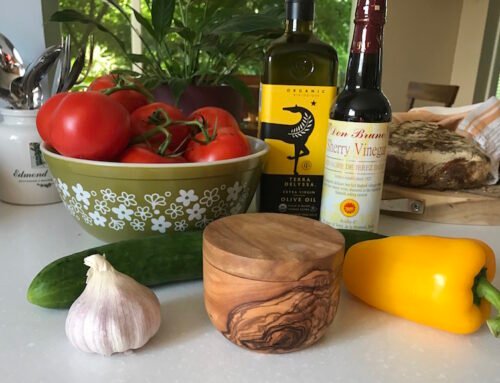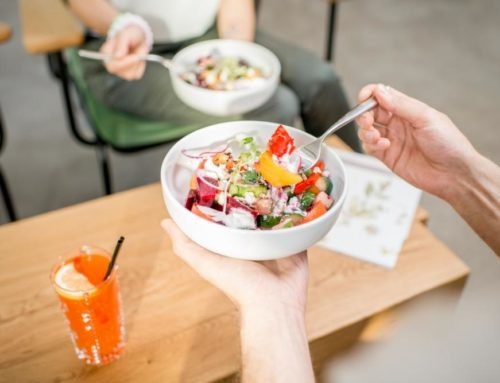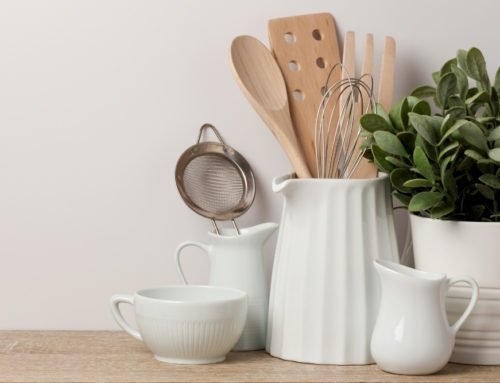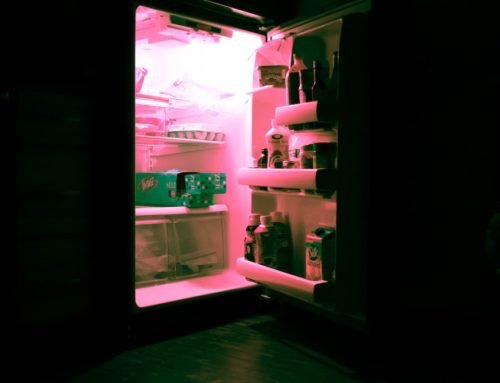My first thought as I sat in the audience at Town Hall Thursday evening waiting for J. Kenji Lopez-Alt to come on stage to talk about “The Science Behind Better Cooking” was that the audience was a perfect microcosm of old and new Seattle.* My second thought, once Lopez-Alt took the stage to talk about his new book, The Food Lab: Better Home Cooking Through Science, was “Dammit, another cookbook I’m going to have to buy!”
I went to the talk fully intending to not buy the book. I’ll admit that I wasn’t overly familiar with Lopez-Alt, who went from biology major to prep cook to recipe tester (then editor) for Cooks Illustrated (no easy feat) to culinary director for Serious Eats. I went to the talk because tickets were $5, Town Hall is two blocks away from my office, and put the words “science” and “cooking” in a talk title and I’m in!
Lopez-Alt said he ditched biology for cooking because in biology, it takes too long to get results from your experiments, and that while cooking is in effect an ongoing series of experiments, there is a distinct advantage: “The difference is that with cooking, in the end you can eat the results.”
- Lopez-Alt: “It’s probably the pressure.”
- Steingarten: “Spoken exactly like someone who knows nothing about coffee.”
Heh!
“The kitchen is the best place to practice science,” Lopez-Alt said. As part of his ongoing James Beard Award-nominated Serious Eats column, “The Food Lab,” he gets to test the things he wondered about when he was working as a cook, such as why we sear meat a certain way or boil pasta in large amounts of water. (Ask questions like that when you’re working in a busy commercial kitchen, he said, and the answer you’ll get is, “Shut up and do things the way you’re told.”)
- To avoid shells sticking to hard-boiled eggs, use eggs that are at least a few weeks old (don’t look at the date, because that could just be the day they were packed. Look for the 3-digit Julian calendar date. For example “260” would mean the eggs were laid on September 17.) Put your eggs into water that is already boiling, or steam them (do not put them in cold water then bring the water to a boil!).
- If you buy just one gadget for your kitchen, buy a thermometer. (He recommends something fast and accurate, like Thermapen.) It’s the only way to make sure your meat is done correctly, he said.
- Use less water to boil your pasta. You want the water to be starchier so sauce clings to the pasta better (plus, it’s a myth that a large amount of water returns to a boil faster after adding the pasta). If you stir briefly after adding the pasta (less than a minute), it won’t stick together, regardless of the amount of water. Don’t want to cook your pasta separately? Soak it overnight in the refrigerator to hydrate it, then heat it directly in your sauce on the stovetop. Hydration and cooking are two separate actions. (OK, this one blew my mind!)
- For crispier roast chicken skin, keep it uncovered in the refrigerator overnight so that the skin slightly dehydrates.
Lopez-Alt also said that one thing he learned about testing and writing recipes is that no one actually follows the directions. “Any recipe that says it’s foolproof is actually fool-resistant.” (Because there’s always a bigger fool to come along.)
*Recently transplanted techy hipster types mingled with old-guard retirees who were able to converse, from personal experience, about the 1970 rejection by Seattle voters of a rapid transit system that would have been mostly paid for by federal funding. Sigh.Disclosure: This post contains Amazon Affiliate links. If you buy after clicking through, I will receive a teeny tiny commission.







